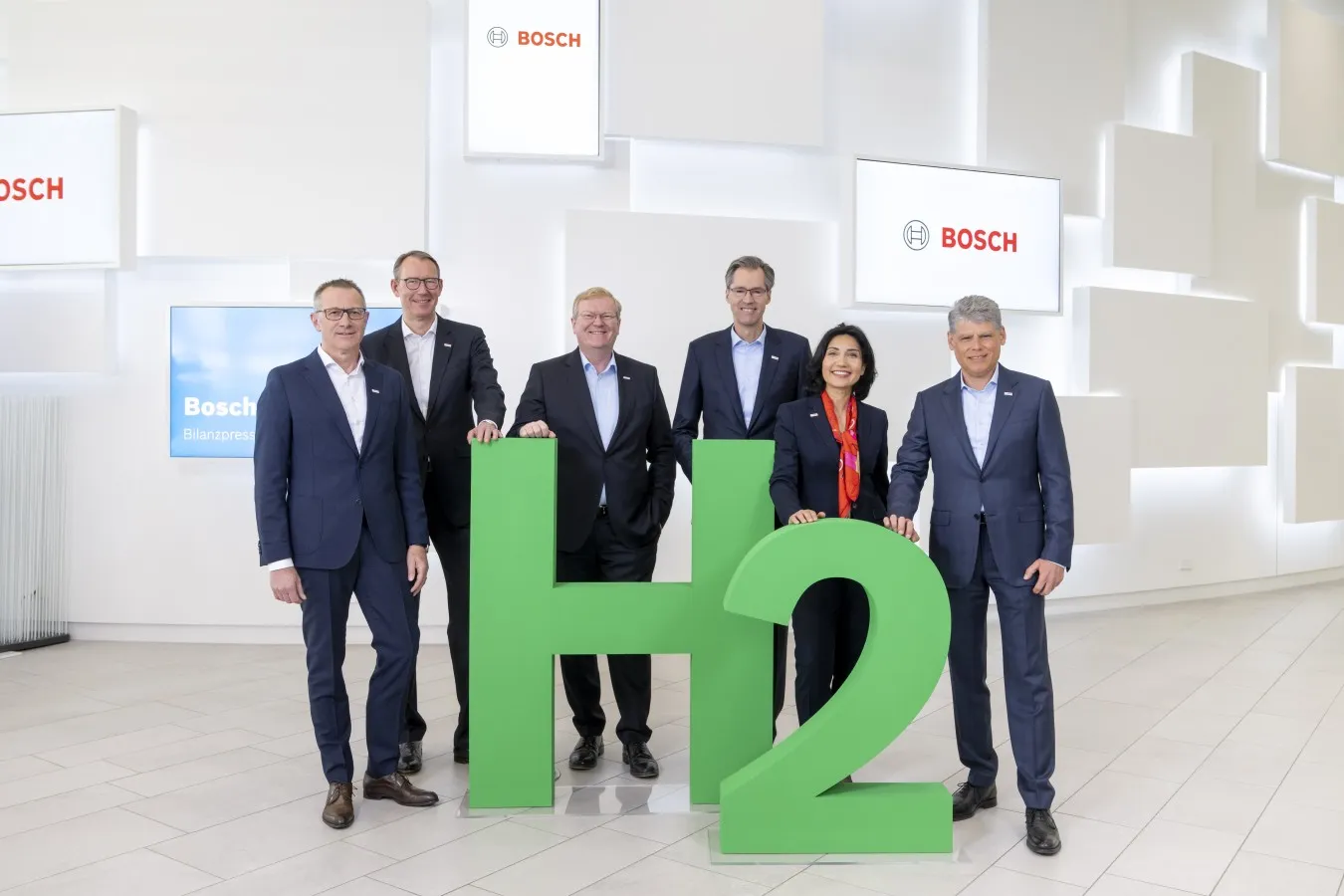Austria-headquartered Deltabloc is claiming a world first for its Zero Debris Concrete barrier which the company will unveil at Intertraffic Amsterdam 2018. Zero Debris Concrete is a ground-breaking new material-technology that provides superior resistance against dynamic impact loads. The company says that for the first time, brittle concrete becomes resilient and extremely ductile, still providing utmost cost efficiency. The safety performance of the new material has been already proven to EN 1317.
February 22, 2018
Read time: 1 min
Austria-headquartered Deltabloc is claiming a world first for its Zero Debris Concrete barrier which the company will unveil at Intertraffic Amsterdam 2018. Zero Debris Concrete is a ground-breaking new material-technology that provides superior resistance against dynamic impact loads. The company says that for the first time, brittle concrete becomes resilient and extremely ductile, still providing utmost cost efficiency. The safety performance of the new material has been already proven to EN 1317.









